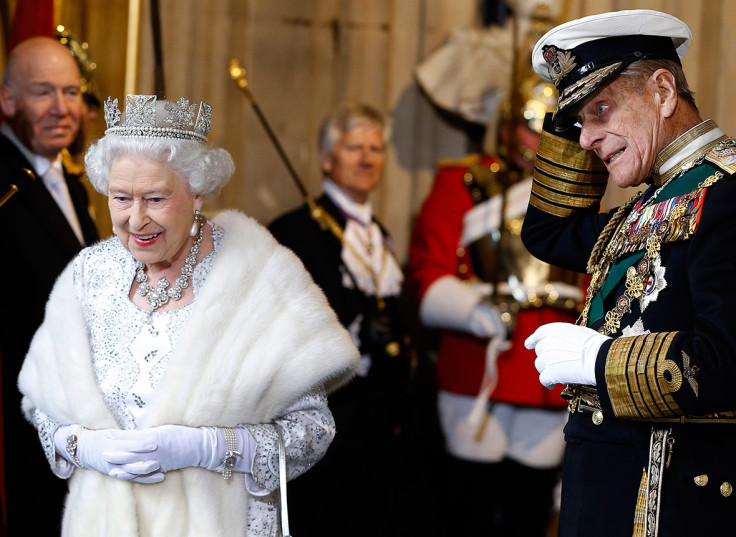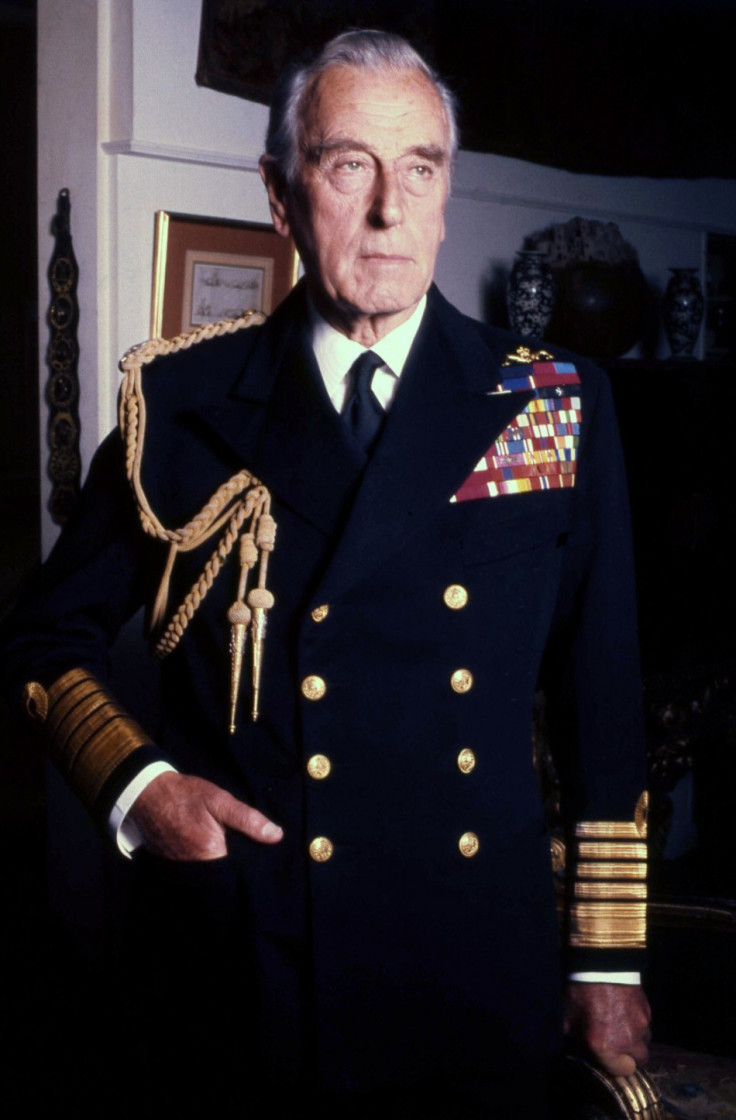I tried to find out just how rich the royal family is - it's a well-kept secret

They do things differently on Planet Windsor. That's the term given by Prince Charles's most recent biographer to the rarefied world inhabited by the royal family. What Catherine Mayer had in mind were the peculiarities and rivalries of court life, but in my experience researching a book on the wealth of the Windsors it also applies to how the royal family is immune to the normal rules of public scrutiny.
The atmosphere on Planet Windsor is so hard to penetrate because the palace can control the flow of information. Take the papers relating to the royals at the National Archives. When I tried to view Treasury documents concerning the Civil List financial settlement for the newly-crowned Queen Elizabeth in 1952, I discovered that the file was closed to public inspection for 100 years. Given that most state documents are now governed by a 20-year disclosure rule, we can only guess what juicy secrets merit hiding until – as the catalogue helpfully reminds us – January 1, 2056.
When it comes to more recent Civil Lists I was able to inspect a valuable set of documents about the 1971 financial settlement. But this cache had a catch. One important batch of Treasury papers was unavailable: the Civil List Bill preparatory documents 1970-71 T326/1628 were – according to the catalogue in 2011 - "temporarily retained by the Treasury".
When I queried staff at the archive about this, I was told sotto voce that documentation to do with the royal family tended to be more restricted than other state papers. Rather than put in a Freedom of Information request, they thought it might be quicker to write to the Treasury to request the release of the documents. This I did the next day (January 6, 2011) and I have yet to get a response.
I was also surprised to discover that the royal family enjoy many archival privileges when it comes to the transparency of their wills.
This left only the Freedom of Information route. On December 31, 2015, my agent Andrew Lownie put in a FOI request for the release of the state papers. At least this time the authorities had the good grace to acknowledge the letter but six months on there is still no sign that the 45-year-old papers will be released from their "temporary" restraint.
I was also surprised to discover that the royal family enjoy many archival privileges when it comes to the transparency of their wills. By law everyone's will is open to public inspection at the Principal Registry of the High Court in order to guard against fraud or any attempt to disguise a legacy from a potential beneficiary. But by convention wills of members of the royal family have been sealed from public scrutiny (the last will and testament of the sovereign is governed by a separate statute keeping his or her estate and its probate value entirely private).
But there appears to be no legal basis for this convention – as was discovered by the recent legal challenge by Robert Brown who claimed a right to see the will of Princess Margaret on the basis that he believed himself to be her illegitimate son.
In the course of my three years of testamentary truffling I discovered that the practice of sealing royal wills is totally arbitrary. The will of the 102-year-old Queen Mother was sealed, but the will of her 101-year-old cousin Princess Alice, Duchess of Gloucester was not.
The will of Lord Louis Mountbatten was sealed, but the will of his father another Lord Louis was not. The will of Queen Victoria granddaughter's Princess Marie Louise was sealed but the will of her sister Princess Helena Victoria was not.

Despite a five-year official review of these and other probate rules, the Justice Department has still to agree a new set of coherent rules relating to the sealing of royal wills. My emails requesting an update on this modern-day case of Jarndyce v Jarndyce regularly go unanswered.
Private assets
By way of an alternative I had hoped to get a handle on the Windsors's wealth by contacting the Royal Collection which acts as custodian to their fabulous collection of art treasures. But I was disappointed to discover that many of the royal family's most valuable private assets have not been inventoried - which conveniently means that they cannot be valued.
Somewhat suspiciously there is no publicly available inventory of the Queen's private jewellery collection, worth many tens of millions of pounds. The Royal Collection does not have a totally comprehensive computerised record of all her treasures. This again is convenient since the collection may contain a mixture of state and private assets.
When it comes to the Royal Philatelic Collection – which is privately-owned by the sovereign – there is remarkably no inventory of the stamps, the most comprehensive collection of British and Commonwealth stamps in the world, worth perhaps in excess of £50m.
Faced with this dearth of information, is it better to be embedded with the royal battalions rather than report independently from the sidelines? All royal researchers confront this dilemma. Catherine Mayer (who was careful to make any restrictions explicit) concluded that "controlled access is better than the only alternative open to the vast majority of biographers: no access", but I chose to go it alone.
She was probably right. In practical terms you can glean more nuggets of information if you engage with the palace. If you stay outside the tent – as I largely did until close to publication I requested some fact-checking assistance – there is a limit to the information you can get pick up from non-official sources.
The royal family largely control the archival record and if you write an authorised biography (William Shawcross on the Queen Mother) or an assisted biography (Jonathan Dimbleby on Prince Charles or Jane Ridley on Edward VII) or even a limited access one (Catherine Mayer on Charles) you do come up with more new material.
Journalists are naturally wary of getting too close to those they write about, but when it comes to the royal family access is everything. To get it you first need to win their trust, and then sell your soul a little.
David McClure is the author of Royal Legacy, out now.
© Copyright IBTimes 2025. All rights reserved.





















